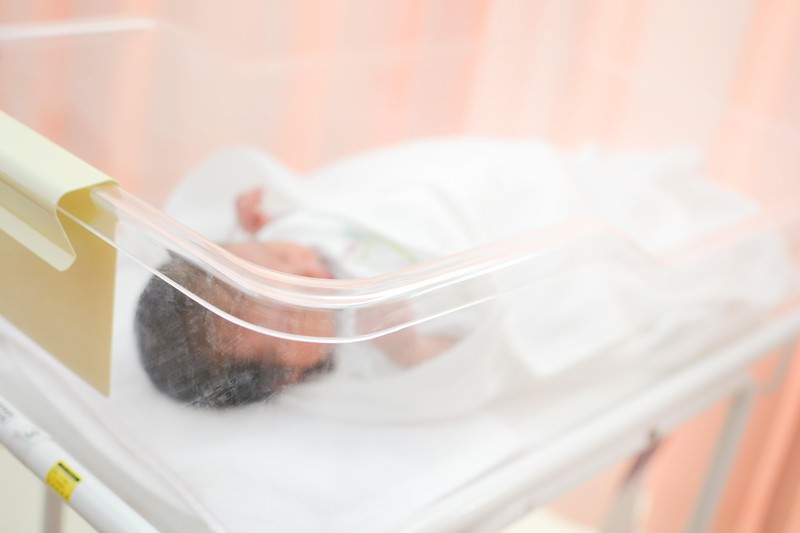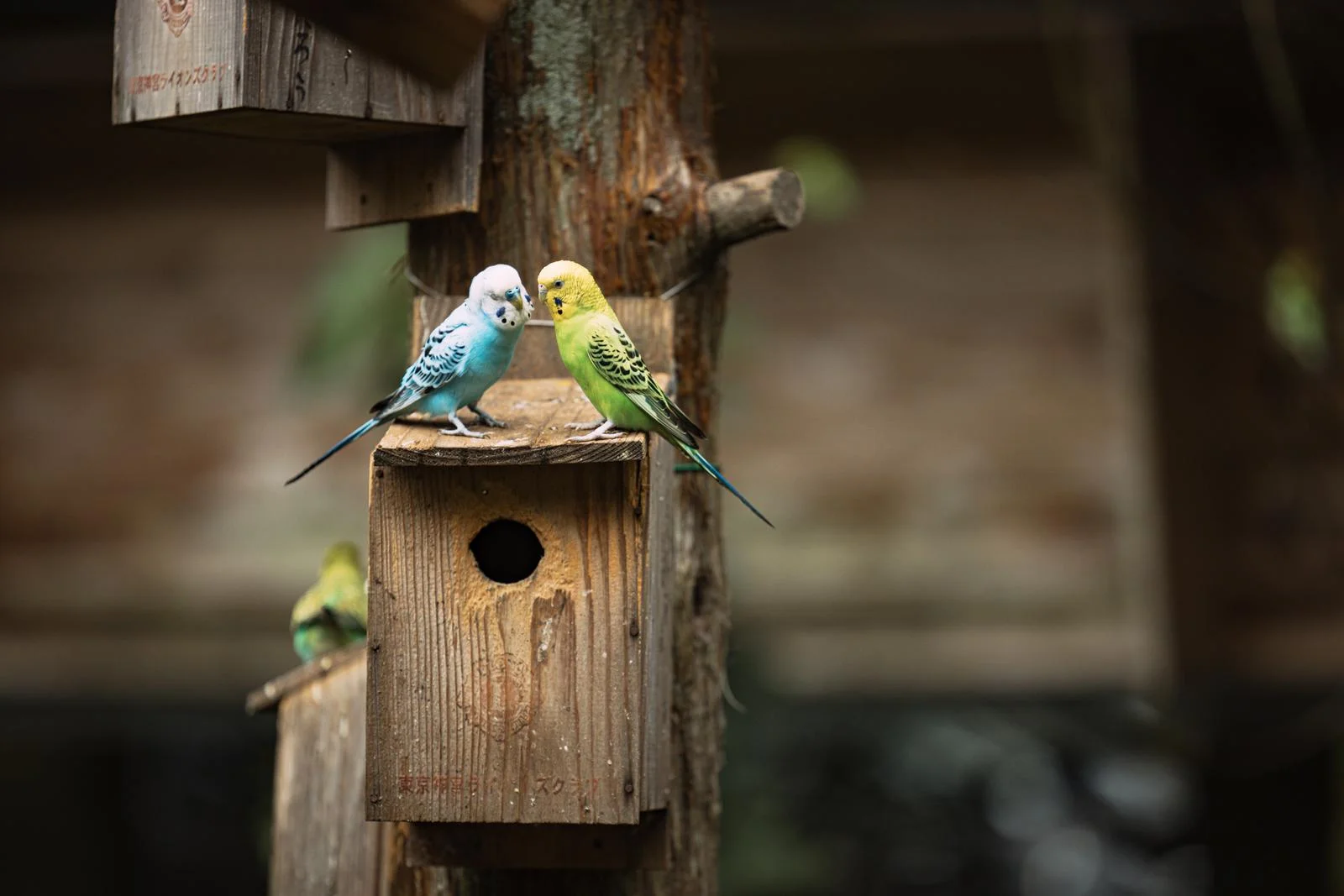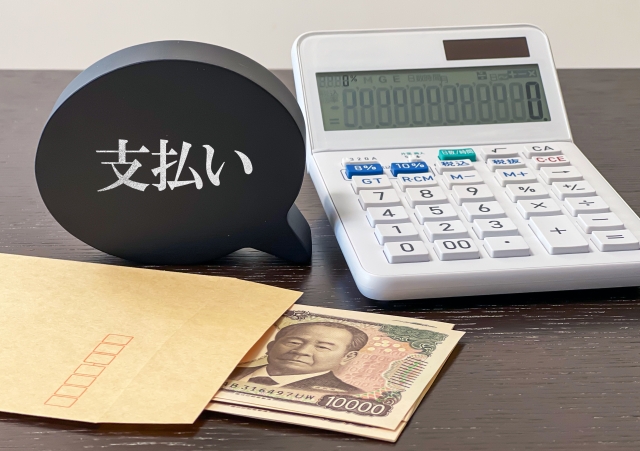The probability of raising a child who is not one’s own varies widely depending on the country, culture and specific social circumstances. However, accurate data based on scientific studies and statistics are limited. Topic is often associated with the phenomenon known as ‘non-spousal children’, and certain sociological studies have shown that this rate varies across different regions and countries.
Research and statistics
Some studies report that the general probability varies between 1% and 30%, but this is very broad and deeply dependent on behavioural patterns, social practices and sexual behaviour in particular groups and communities.For example, some studies estimate that approximately 1% to 3% of fathers in certain western countries raise children who are not their own.
Primary factor
- Social trust and relationship dynamics: the level of trust in society and relationships between individuals may influence this probability.
- Widespread use of genetic testing: widespread use of DNA testing has facilitated the confirmation of prenatal or postnatal parent-child relationships.
- Cultural context: in some cultures, exogamous children are socially acceptable.
Social Impact
This phenomenon can affect not only individuals and families, but also society as a whole.The probability of raising non-parental children is therefore a topic of growing interest, with implications for social policy, legislation and family structures.
In conclusion, the probability of raising a child who is not one’s own depends on many factors, so it is difficult to generalize, but this is a complex issue involving social, cultural and individual backgrounds. If specific figures and probabilities are desired, detailed studies focusing on specific regions and populations are required.
Latest Articles
Supervisor of the article

Dr. Hiroshi Oka
Graduated from Keio University, Faculty of Medicine
Doctor of Medicine
Medical Doctor









